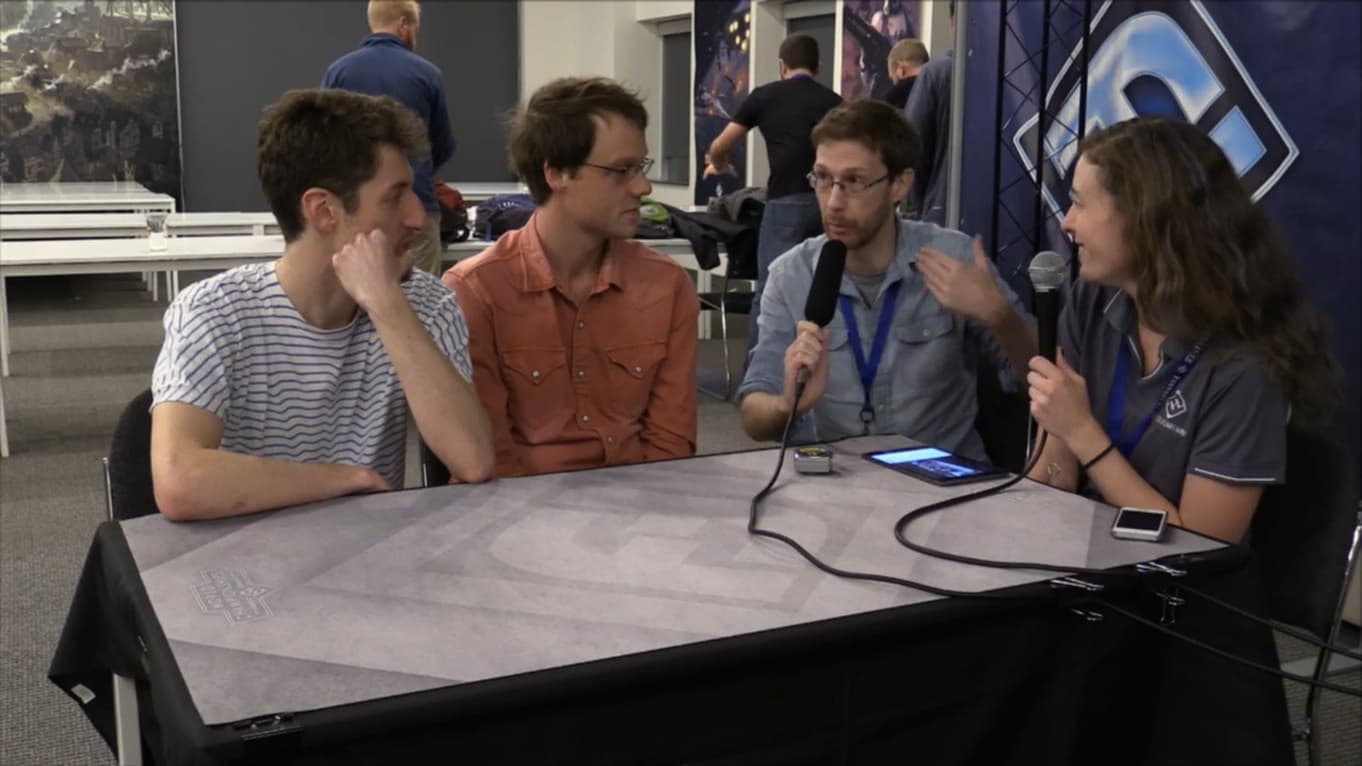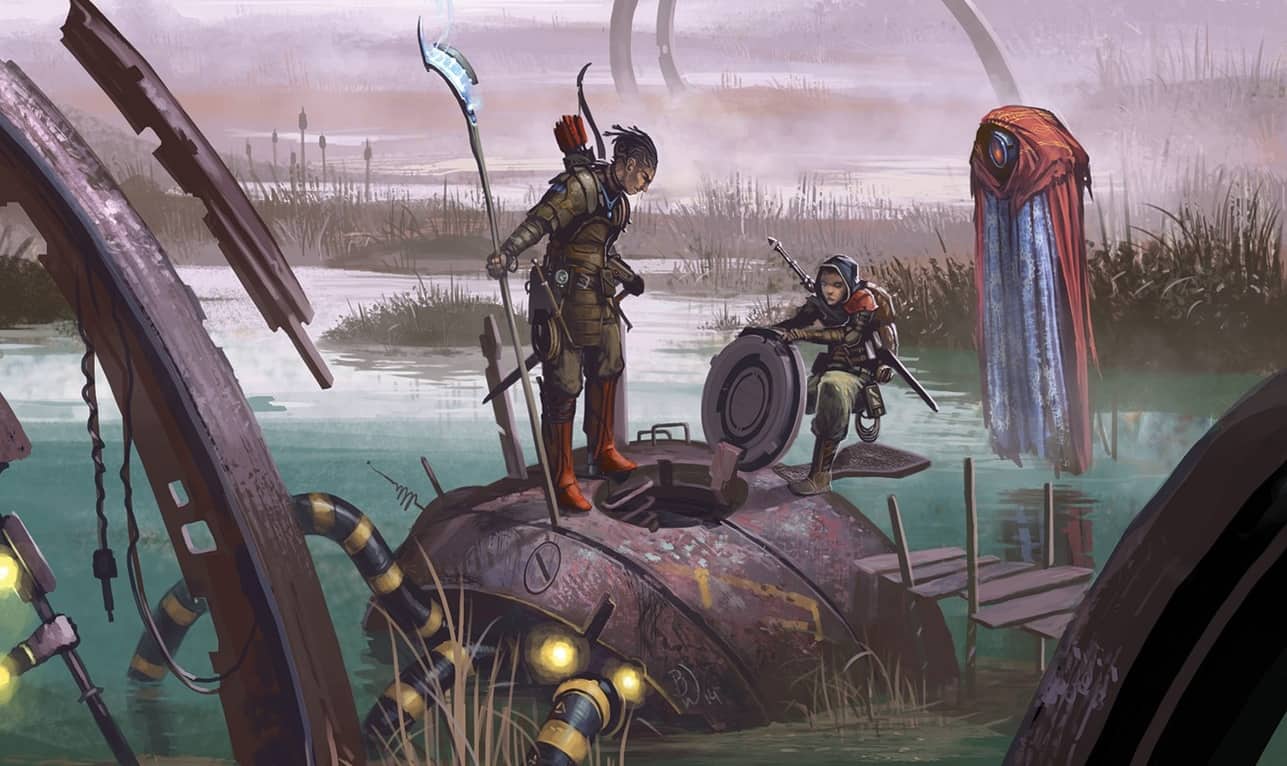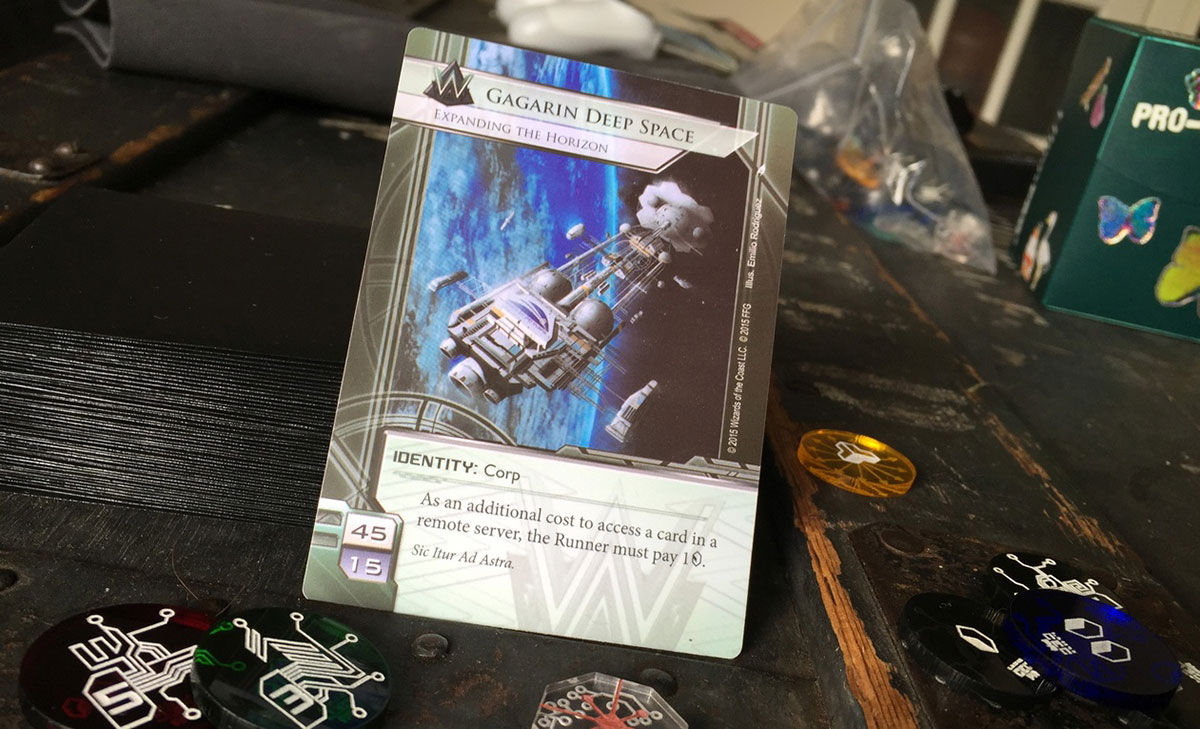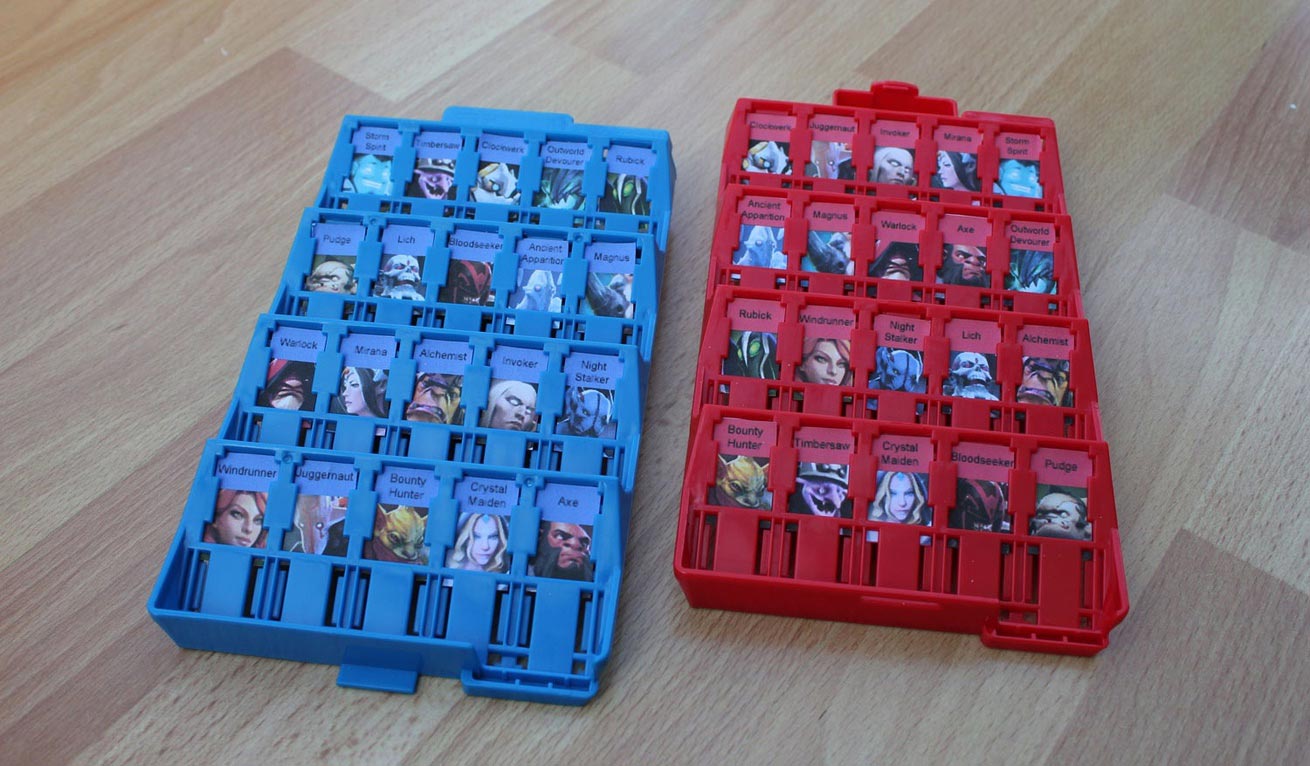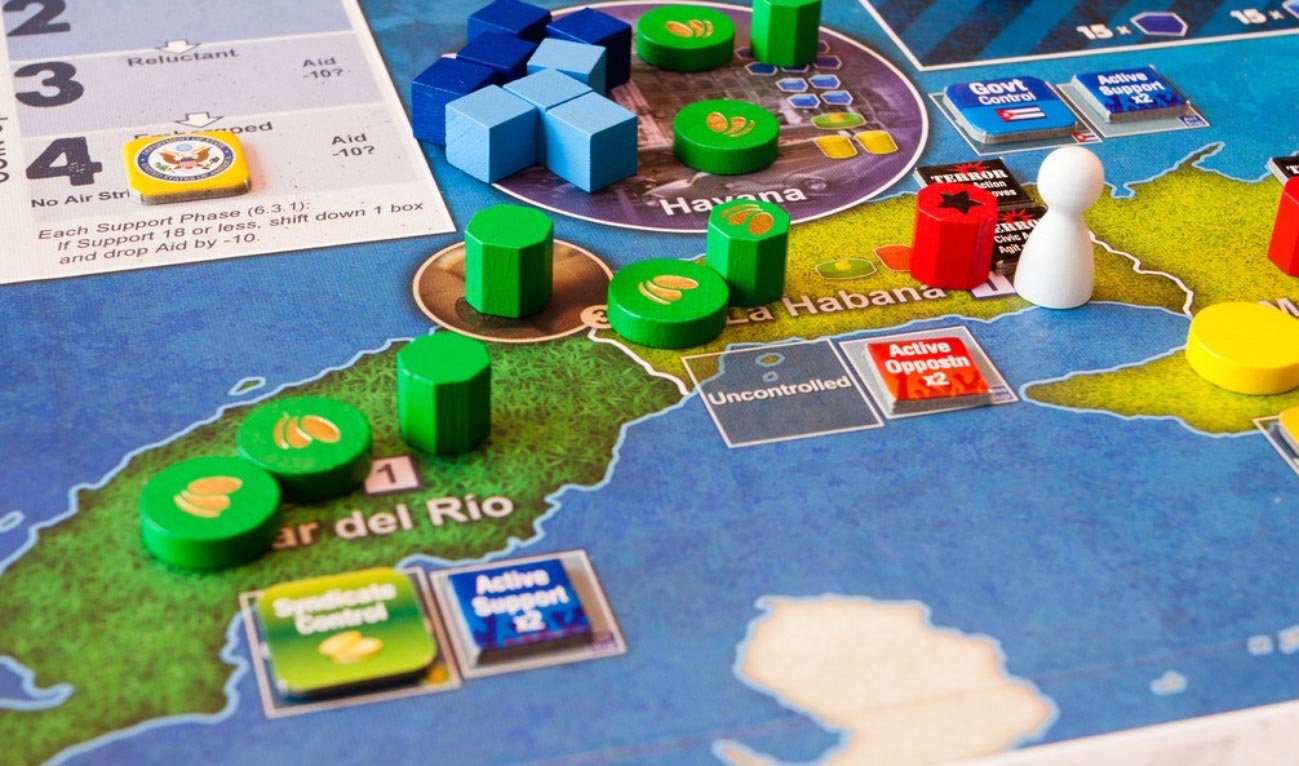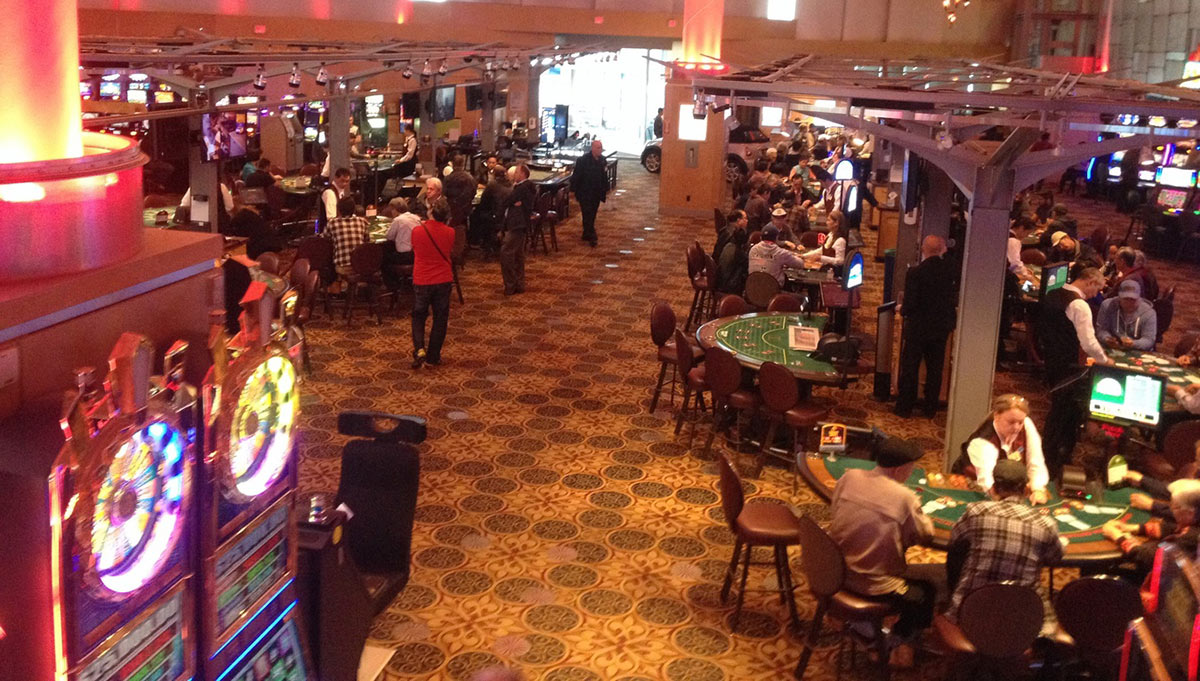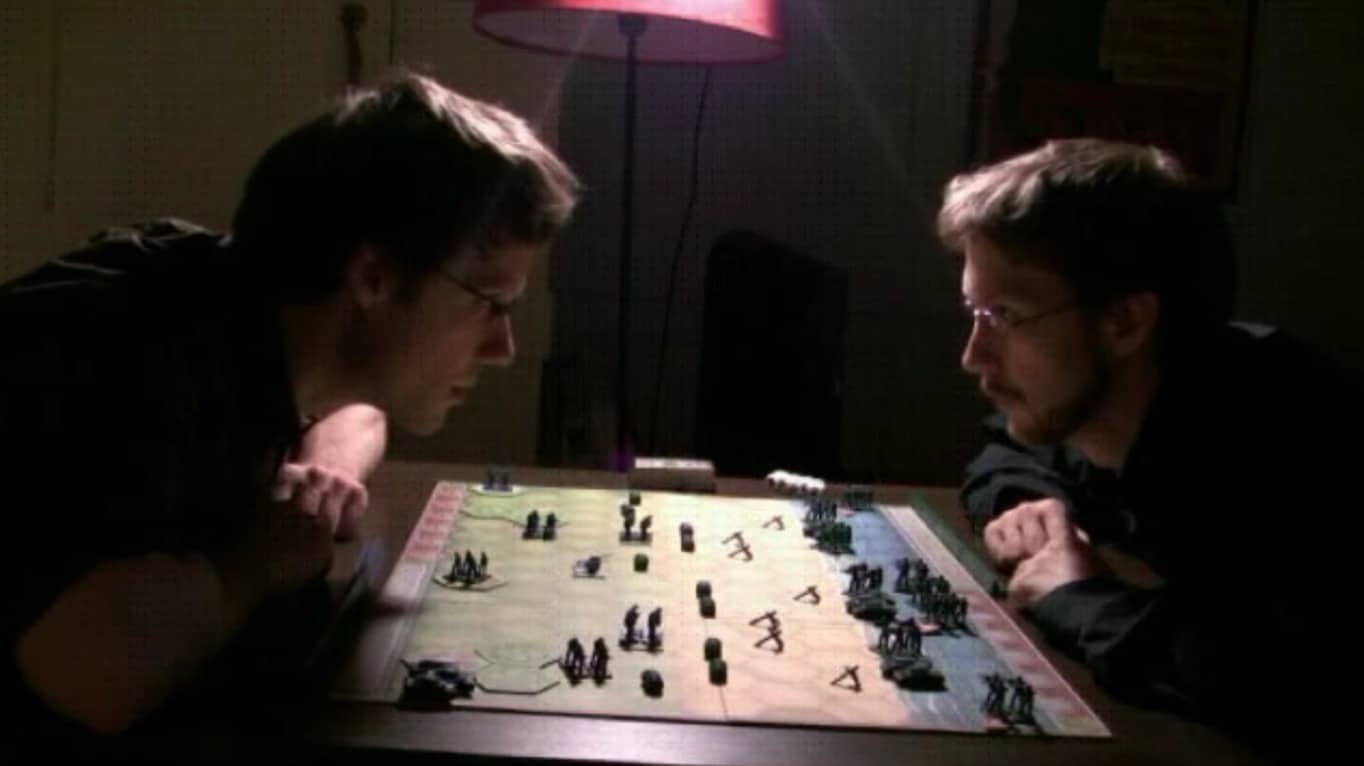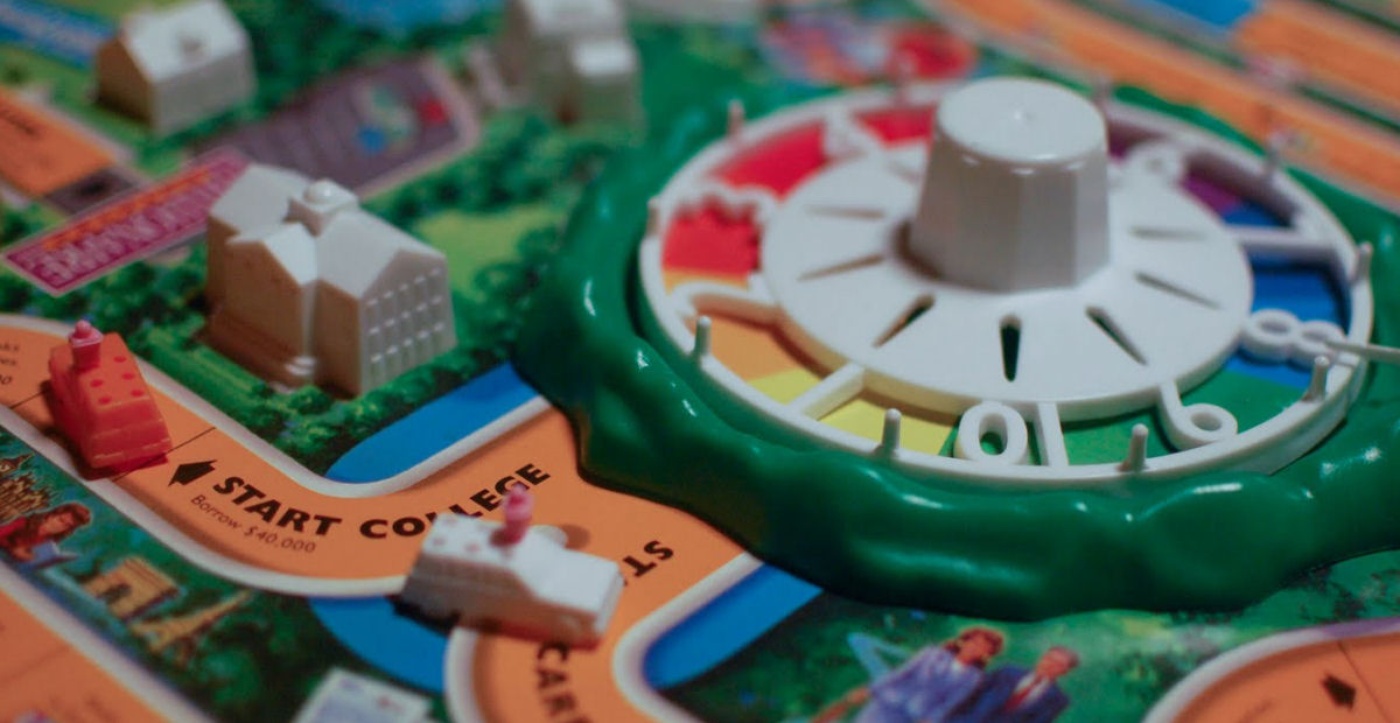SU&SD on the spot: Two lovely interviews from FFG’s 2015 World Championships
Paul: We’re back from Minneapolis! And what a trip it was. We had a terrific time at Worlds, Fantasy Flight Games’ annual championships, watching hundreds of skilled players compete to for the title of the best of the best in games like Netrunner, Imperial Assault and X-Wing. It was also our chance to get first-hand experience with Star Wars: Rebellion, Wave 2 of Armada and the latest editions of both Runebound and Fury of Dracula.
BUT ALSO it was a chance for other people to make videos about us (for a change!) and this week we want to link you to two interviews we gave.
Read More
